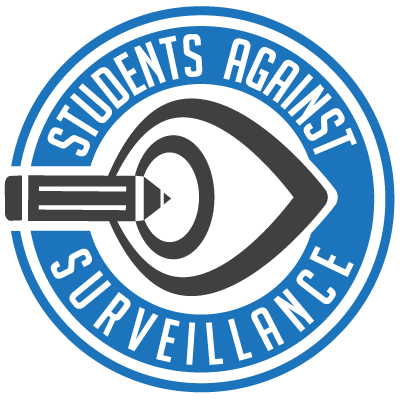Editors: Carol Stabile (University of Oregon) and Radhika Gajjala (Bowling Green State University)
Ada is an online, open access, open source, peer-reviewed journal run by feminist media scholars from Canada, the UK, and the US. The journal’s first issue was published online in November 2012. Since that launch, Ada has received more than 175,000 page views. Ada operates a review process that combines the feminist mentorship of fan communities with the rigor of peer review. We do not — and will never — charge fees for publishing your materials, and we will share those materials using a Creative Commons License.
We invite contributions to a peer-reviewed open call issue featuring research on gender, new media and technology. We are particularly interested in contributions that exemplify Ada’s commitments to politically-engaged, intersectional approaches to scholarship on gender, new media and technology
Contributions in formats other than the traditional essay are encouraged; please contact the editor to discuss specifications and/or multimodal contributions.
All submissions should be sent by AUGUST 7, to editor@adanemedia.org. Your contribution should be attached as a word document. Please use “Ada Open Call Contribution” for your subject line and include the following in the body of your message:
- A 50 word abstract
- Your name
- A mailing address
- Preferred email address.
Important dates:
– Deadline for full essays: August 7, 2014
– Expected publication date: February 2015
See the original post here









